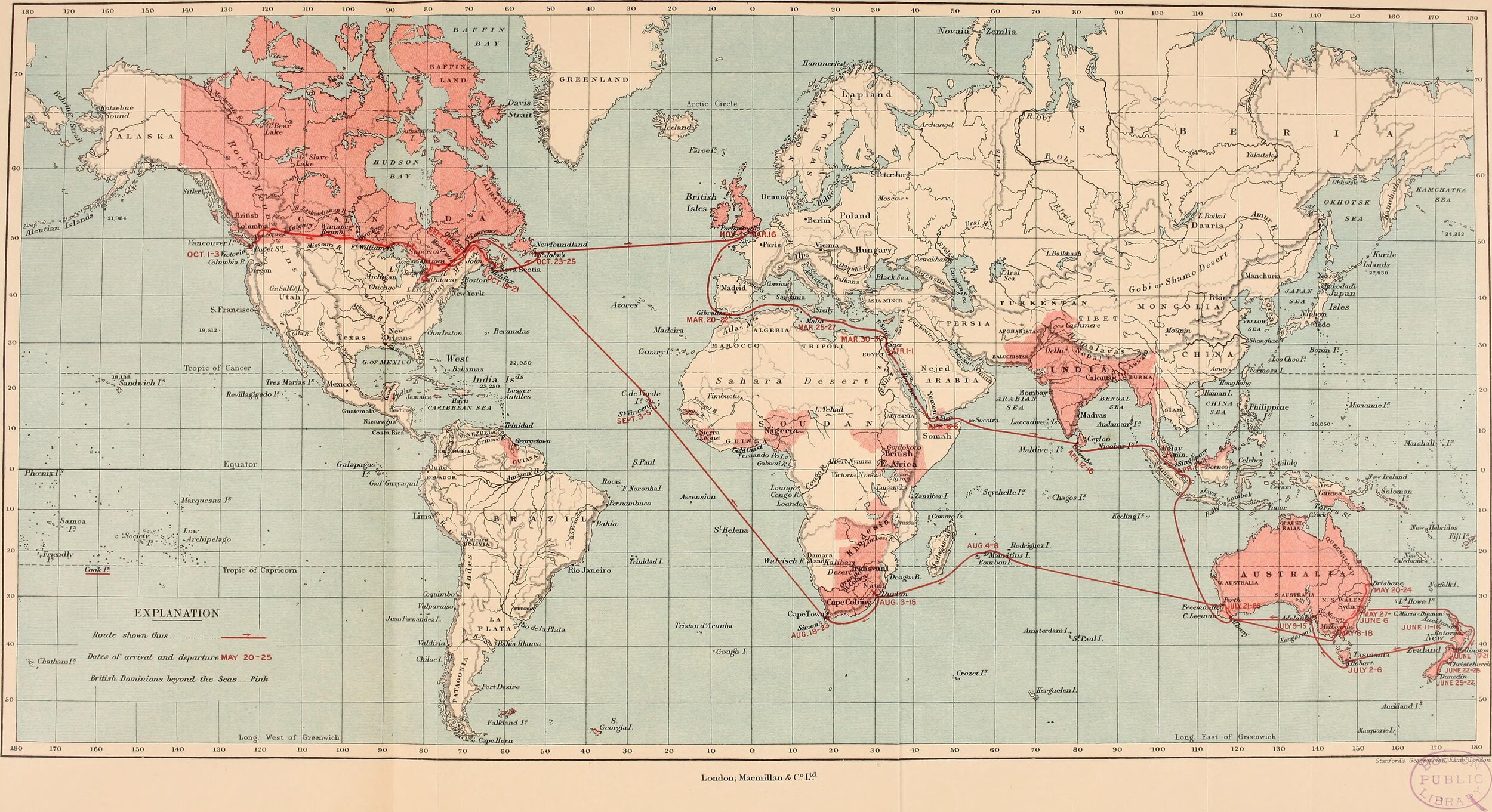
Part 5:
1945 to 2020: The Big Picture
#92 Nigeria and the Democratic Republic of Congo
In this blog, I have chosen to explore the examples of Nigeria and the Democratic Republic of Congo to show why countries rich in mineral resources still maintain high levels of people in deep poverty. Nigeria is important as an example as she has been pumping oil for decades. Out of the payments received by the Nigerian State, a new ruling class has arisen that are hugely wealthy. While the Democratic Republic of Congo is the example of my argument. The Democratic Republic of Congo is a huge territory in terms of size. She is blessed with every imaginable commodity. Yet, the Democratic Republic of Congo is one of the poorest countries on our planet.
#91 The Old Colonies: Development and Underdevelopment in the 21st Century
The USA’s relations with the southern countries in Asia, Africa, the Middle East, and Latin America have been to treat them, in principle, in a similar manner in which the Soviet Union was treated after 1991. That is, like those under the old colonial regimes.
By the end of the second decade of the 21st century, many countries of the South remained mired in deep poverty, despite 60 or 70 years of independence from colonial rule. People worldwide wanted the wealth they could see on their screens in the West.
#62 Independence, Democracy Freedom from Colonial Rule
All the old colonialist powers in Europe lost global power. After 1945, the USA consciously decided that it had a ‘competitive advantage’ over all other states. She was sufficiently strong economically that she did not need colonies to take a globally dominant position. During her discussions with Britain in 1943, she laid down that one of her prime conditions for the peace was that all colonised countries were to be open to USA trade. By 1945, the USA was sufficiently powerful to enforce this decision against the wishes of the older colonising powers in Europe and Japan.


